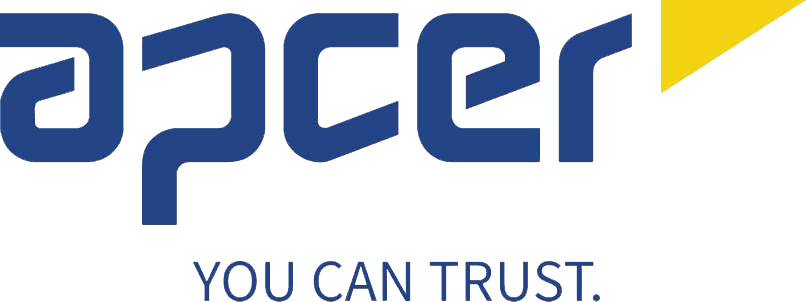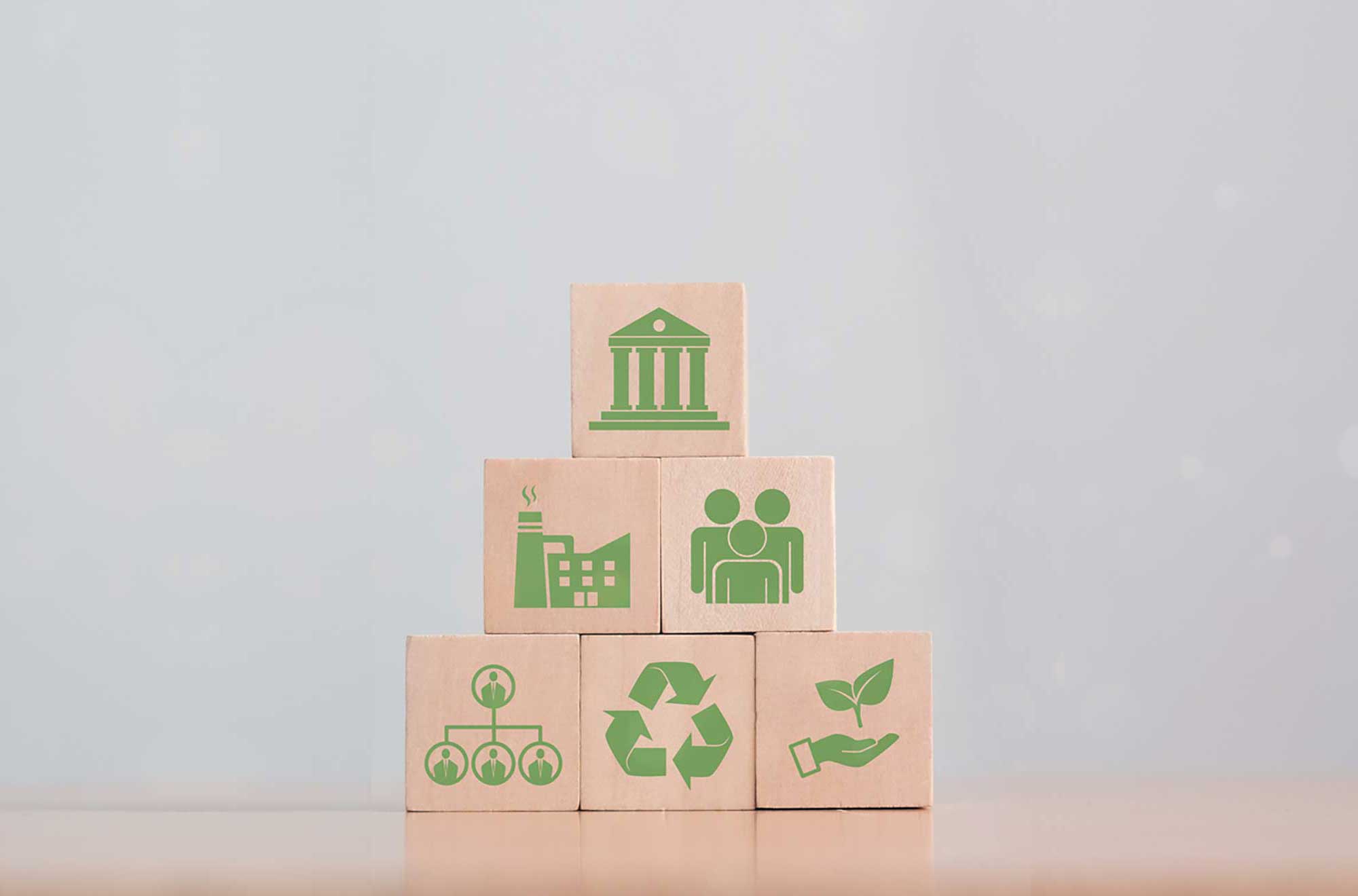Sustainability is now one of the main concerns for companies and consumers alike. The commitment to sustainable practices goes beyond social responsibility; it has become a fundamental strategic component for business competitiveness and resilience. One of the most effective ways to demonstrate this commitment is through recognized certifications, validations, or verifications, which confirm sustainability practices and ensure credibility with stakeholders.
Certification is an essential tool that allows companies to prove the implementation of sustainable practices, ensuring compliance with specific standards of environmental, social, and governance performance, thus facilitating market transparency and trust.
Key Certifications in the Environmental Pillar
• ISO 14001 - Environmental Management
ISO 14001 is one of the most internationally recognized standards for environmental management systems. Through this standard, companies identify, manage, monitor, and control their environmental issues holistically. The implementation of an Environmental Management System according to ISO 14001 helps reduce environmental impact, improves resource efficiency, and demonstrates a clear commitment to sustainability.
• ISO 50001 - Energy Management
This international standard supports companies in implementing efficient energy management systems. ISO 50001 promotes the reduction of energy consumption, the improvement of energy efficiency, and the reduction of greenhouse gas emissions. This certification is particularly relevant to environmental sustainability as it addresses the critical issue of energy resource consumption.
Key Certifications in the Social Pillar
• ISO 45001 - Occupational Health and Safety
Although focused on occupational health and safety, ISO 45001 has direct implications for the social pillar of sustainability. The certification ensures that companies create safe working environments, promoting the well-being of employees and thus contributing to a robust corporate social responsibility. Companies that guarantee the safety of their workers are investing in a healthy and productive workforce.
• SA8000 - Social Accountability
SA8000 is an international certification standard focused on improving working conditions. SA8000 helps companies align with ethical labor practices and promotes a dignified and safe work environment, essential for social sustainability, as it ensures that workers' rights are respected and that the company operates ethically.
Key Certifications in the Governance Pillar
• ISO 9001 - Quality Management
ISO 9001 is a widely recognized quality management standard. Although traditionally associated with improving product and service quality, ISO 9001 also contributes to business sustainability. The standard emphasizes process efficiency, customer satisfaction, and continuous improvement, which can lead to more efficient use of resources, waste reduction, and innovation in production processes. By ensuring high-quality products and services, companies meet customer expectations and promote sustainability, avoiding rework and unnecessary waste.
• ISO 55001 - Asset Management
ISO 55001 is a standard that defines the requirements for asset management, helping to optimize the value of physical assets throughout their life cycle. This standard is crucial for the governance pillar of sustainability, as it promotes efficient and responsible management of an organization's resources. Implementing ISO 55001 ensures structured practices in planning, operation, and maintenance of assets, minimizing waste and reducing costs. It also facilitates transparency and accountability in asset management, improving strategic decision-making and resource allocation. By adopting ISO 55001, companies demonstrate a commitment to efficiency, sustainability, and resilience, contributing to solid governance and a more sustainable operation.
These are just examples of tools that companies can adopt to demonstrate their commitment to sustainability across the three pillars: environmental, social, and governance. When implemented together, these standards help companies build a solid foundation of sustainability that encompasses quality, social responsibility, resource efficiency, and operational resilience. They bring various benefits, including:
- Credibility and Reputation: They strengthen the trust of consumers, investors, and other stakeholders, enhancing the company's reputation.
- Competitive Advantage: Certified companies stand out in the market, attracting customers who value sustainable practices and opening new business opportunities.
- Operational Efficiency: The processes required for certification often result in improvements in efficiency and cost reduction through the optimization of resources and processes.
- Legal Compliance: Certifications help companies ensure compliance with environmental, social, and governance laws and regulations, avoiding legal sanctions.
Certification is more than a seal of approval; it is a strategic tool for business sustainability. By aligning with international benchmarks for sustainable practices, companies contribute to a greener and fairer future and strengthen their market position.















